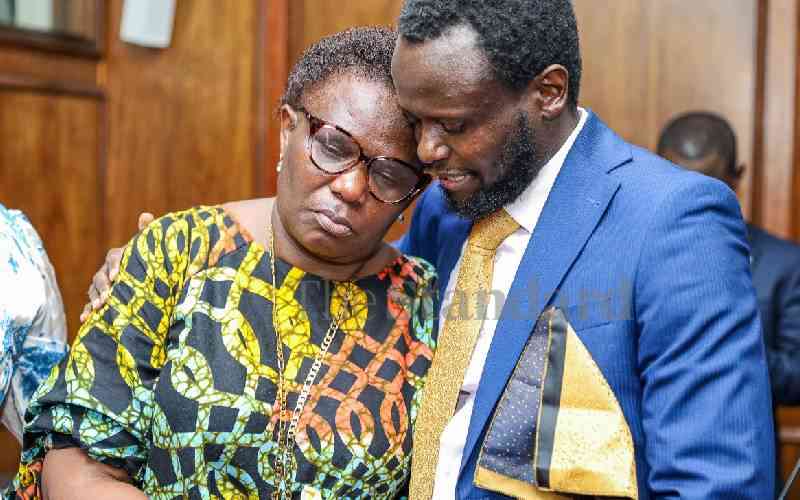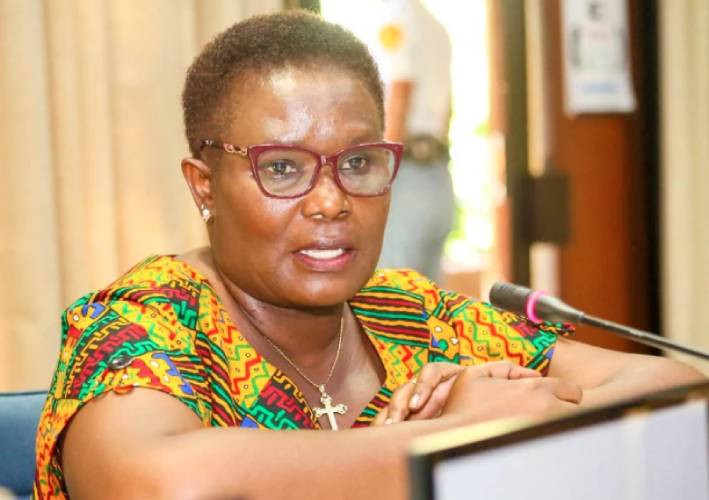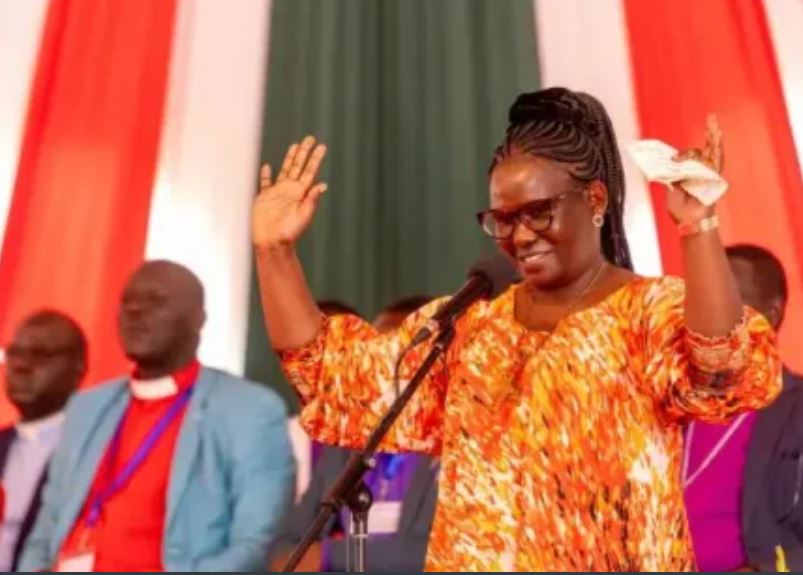The Ameru community is among those that have traditionally revered and elevated men as the primary pillars of leadership. In this community, a man is bestowed with wisdom, seen as a leader and guardian of the family, responsible for addressing the needs of his wife and children.
This cultural norm has contributed to the enduring influence of the Njuri Ncheke Council of Elders in matters pertaining to political leadership and conflict resolution among people of all social classes.
Generally, the Ameru community stands out for preserving ancient African traditions that acknowledge the role and contribution of men in society.

However, it is disheartening to note that despite many communities embracing modernity in leadership matters, numerous men in the Ameru community seem oblivious to this reality.
A significant number of men in this community, even those who are educated, appear to cling to outdated customs that portray women as weak beings incapable of handling significant responsibilities, including leadership.
The main reason for this resistance is related to recent events in Meru County concerning Governor Kawira Mwangaza over the past year.
Last Wednesday, Ms. Mwangaza was ousted from office after 59 councilors voted in favor of a motion to impeach her, while 10 councilors boycotted the vote. The county assembly has a total of 69 councilors.
Despite the specifics, the underlying issue is that Ms. Mwangaza’s tribulations stem from cultural biases that degrade and fail to recognize women as capable leaders in political settings.

While this article does not absolve Ms. Mwangaza of any alleged wrongdoing, the central concern revolves around the severity of her actions and the extent to which she is ostracized.
Currently, Ms. Mwangaza stands alone, facing challenges akin to a single soldier on a battlefield confronting an army of 200.
She is contending with Deputy Governor Isaac Mutuma, the County Assembly, the Njuri Ncheke Council of Elders, political heavyweights in the county such as Agriculture Minister Mithika Linturi, and veteran politician Kiraitu Murungi, who served as governor from 2017 to 2022.
Moreover, Ms. Mwangaza lacks support at the national level, particularly after Deputy President Rigathi Gachagua stated that he and President William Ruto would not intervene in the county’s troubles.
They claimed to let the people of Meru resolve their challenges on their own, leaving the governor to fend for herself.
However, even if the councilors ultimately succeed in removing her from office (pending approval by the Senate), the bitter truth is that the community is undergoing a challenging period of cultural and political change.
It must accept these changes and embrace the new direction. The times when women were perceived as weak beings are outdated, and the men in the Ameru community must acknowledge this bitter reality.







More Stories
Kibugu Crowned Order of Merit Champion in Inaugural Sunshine
Ruto Unveils 258M Fund to Power Youth Enterprises
KRA Steps Up Tax Education to Engage Youth